Year 1
Term 1 2025

Year 1
Term 1 2025
Welcome back!
It's been wonderful to see the students kick off the year with so much energy and excitement! Hearing all about their holiday adventures has been a real treat. The children have been busy making new friends and participating in fun team-building activities. Below, you'll find some key information about our programs and what’s coming up this term. Please note, this newsletter will be shared each term to keep you informed.
Meet the Teachers


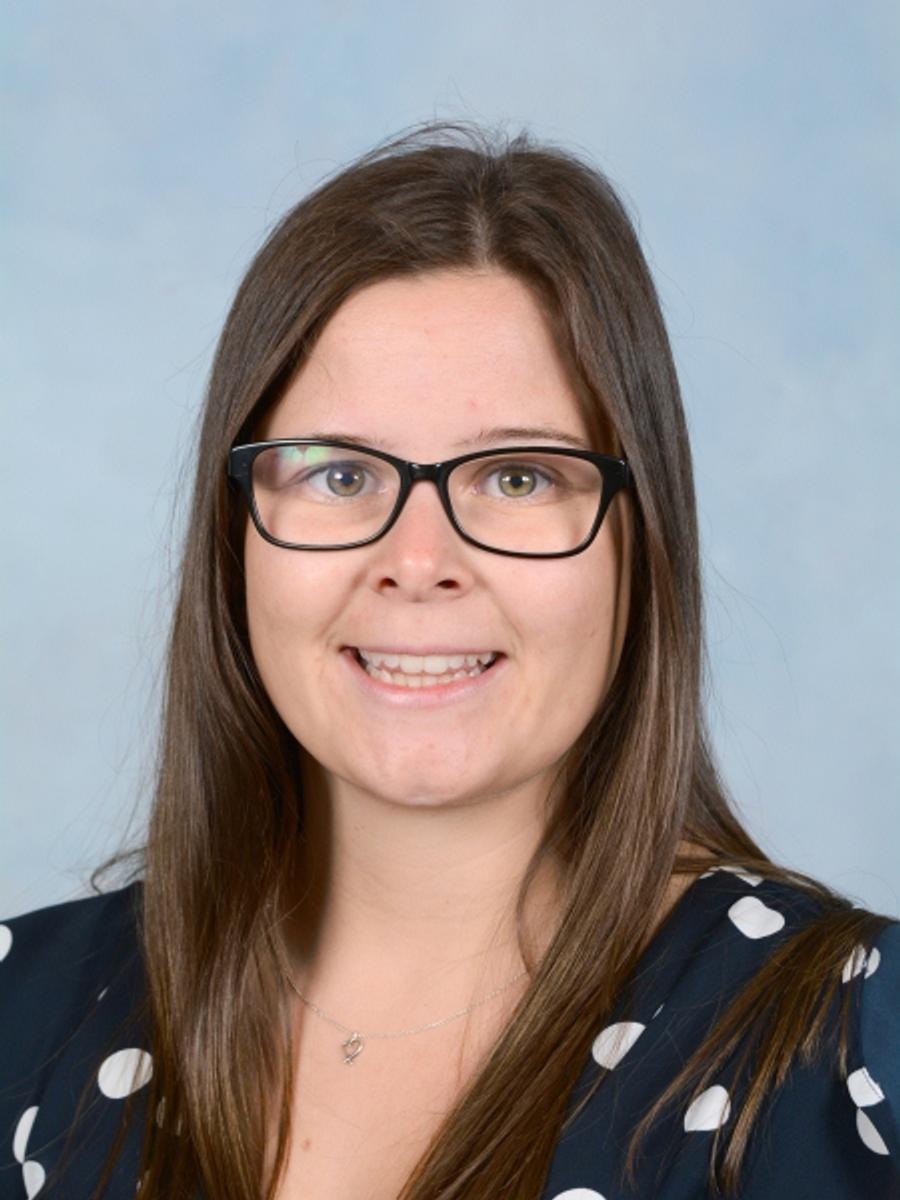
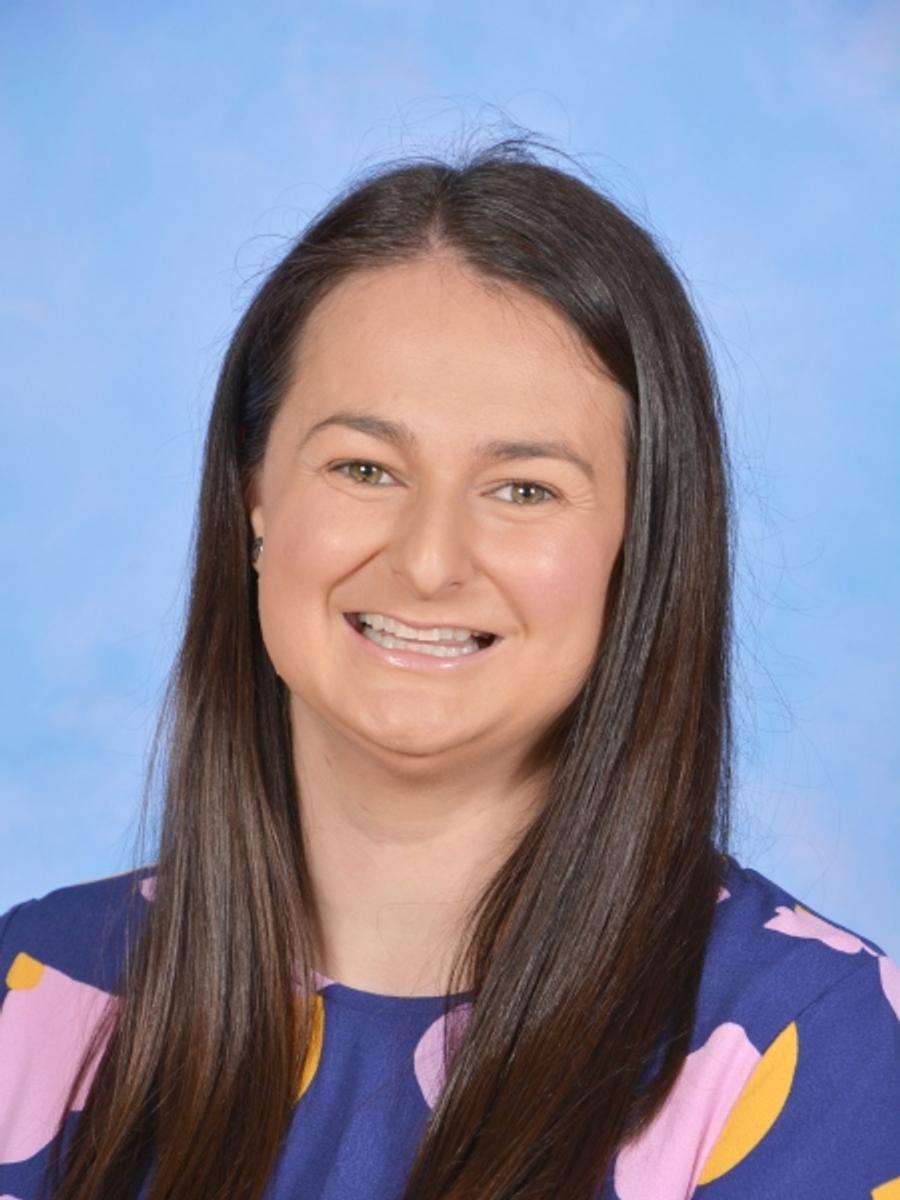




Hats
Our School Sun Smart Policy requests that students wear their hats to school from September first to May first. Hats should be worn to and from school, as well as during play times or lessons taking place outside. Any students not wearing their hat, will need to ensure they stay within the designated shady spots. E.g., the sandpit or Junior School Playground.
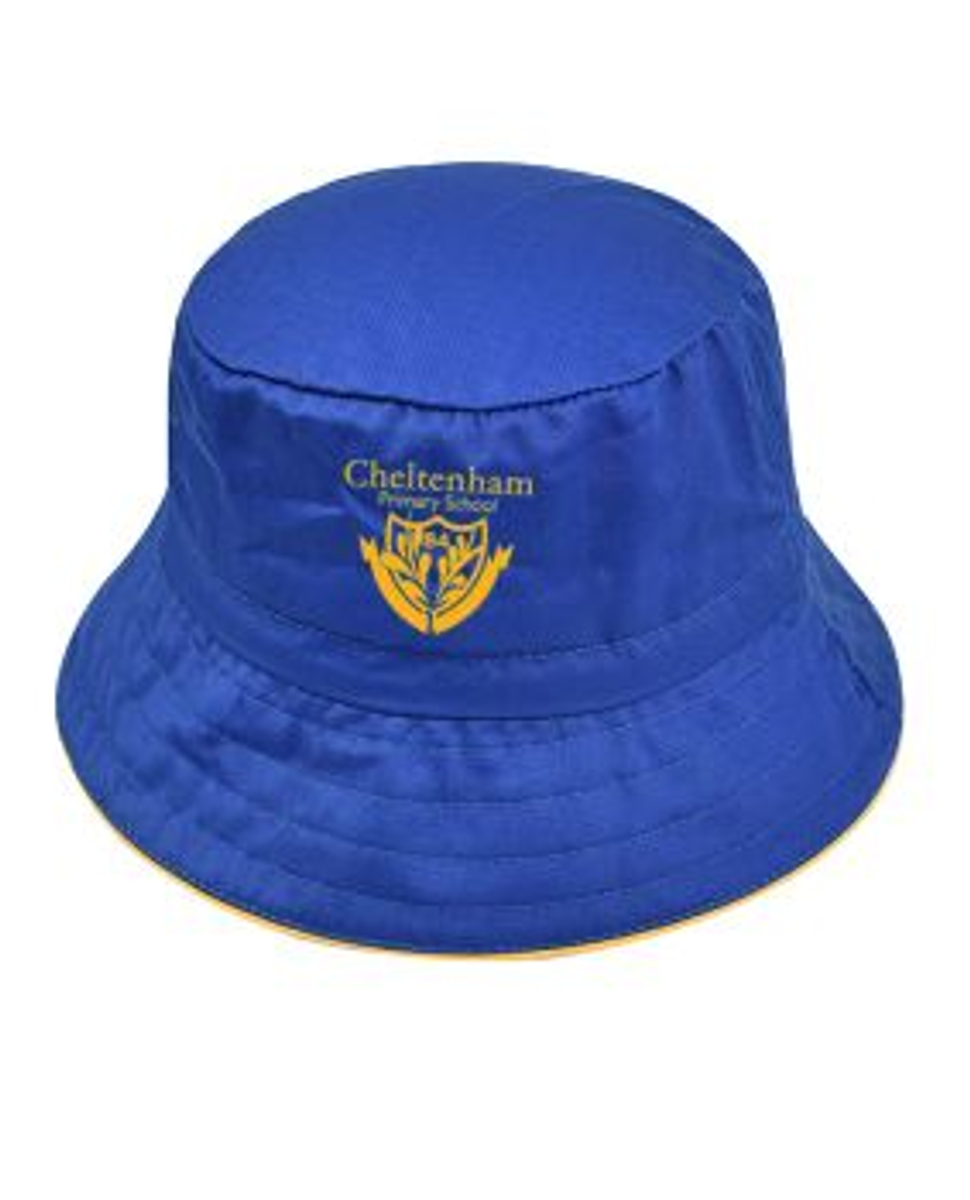

Named Belongings
We thank our families for ensuring all student belongings are named, including water bottles, lunch boxes and containers, hats, and all items of clothing, especially hats and jumpers.
Birthdays
If your child is having a birthday and you would like to bring in treats for the whole class, please check with your classroom teacher regarding allergies.
Daily Reading at Home
Student diaries will be used to track daily reading. Please record the book title, the date and your initials each time they read and return to school in the pouch on a daily basis. The diaries will be sighted by your classroom teacher every Friday.
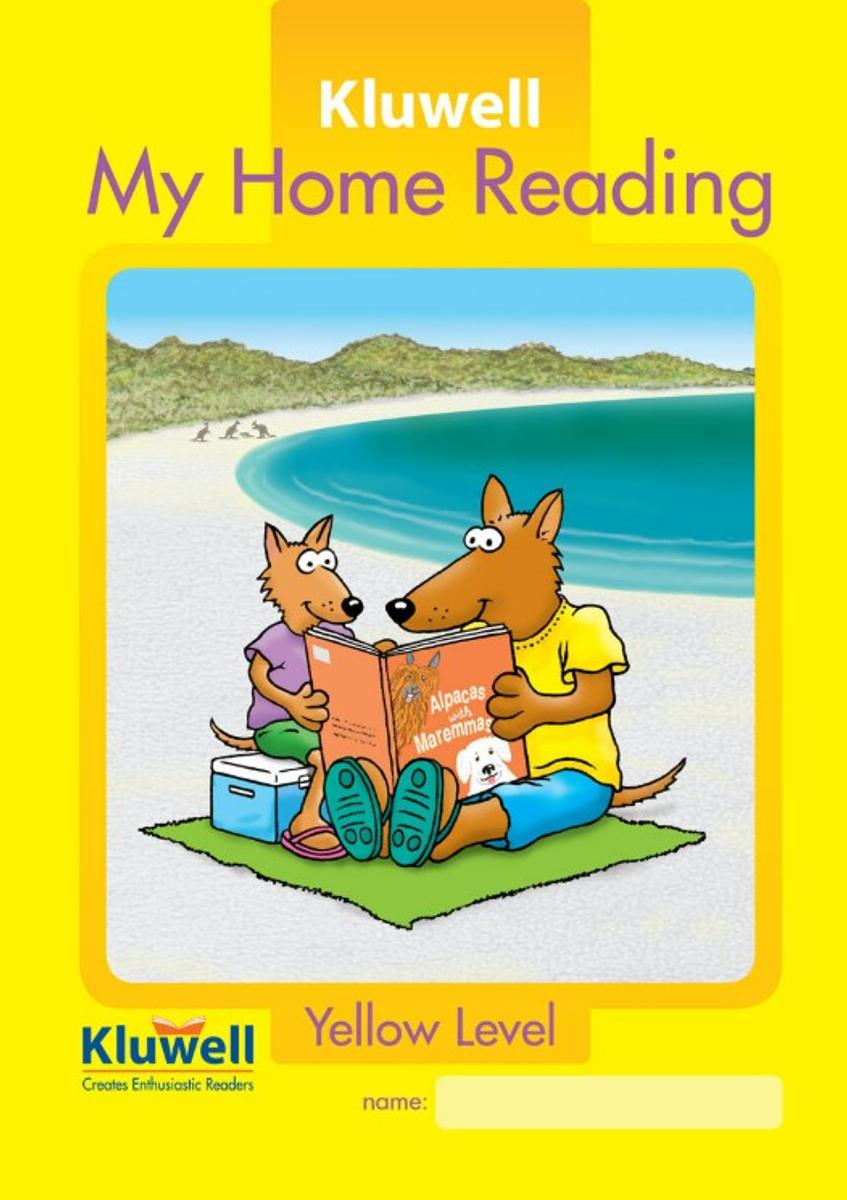
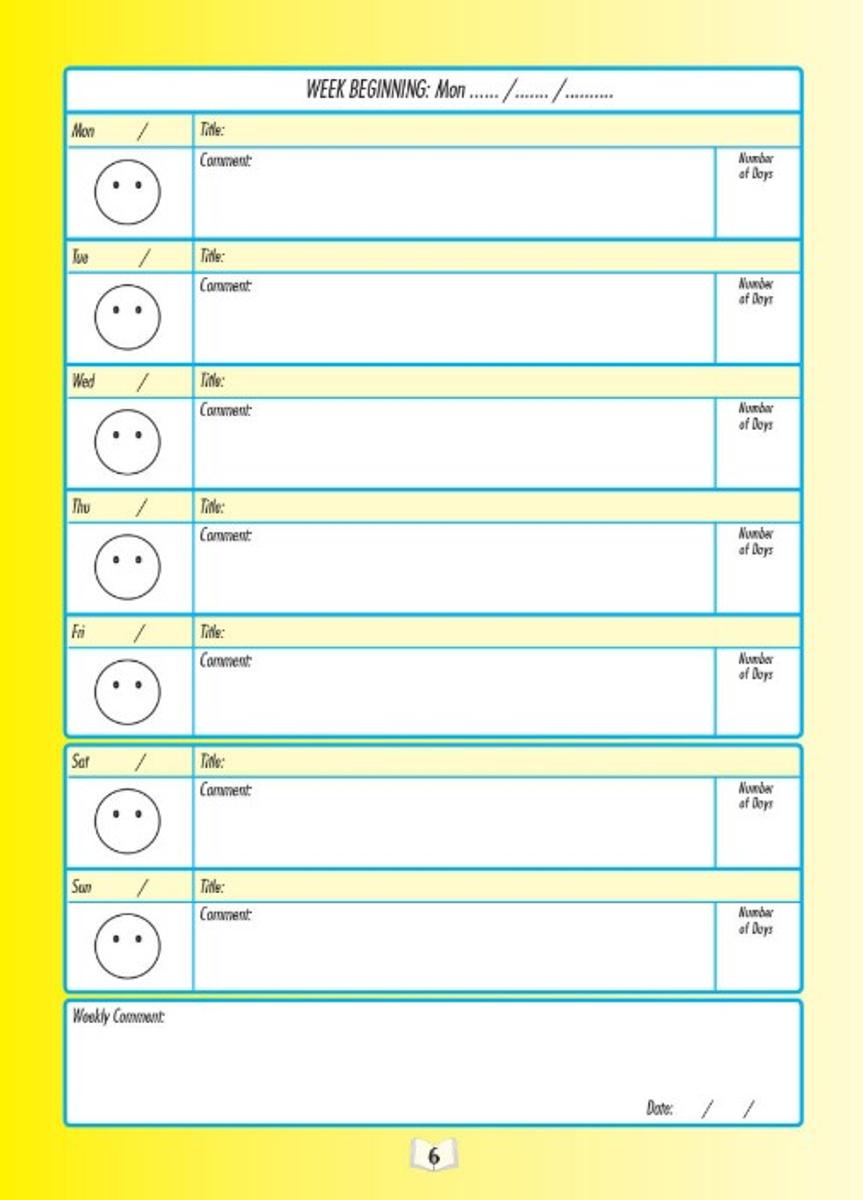
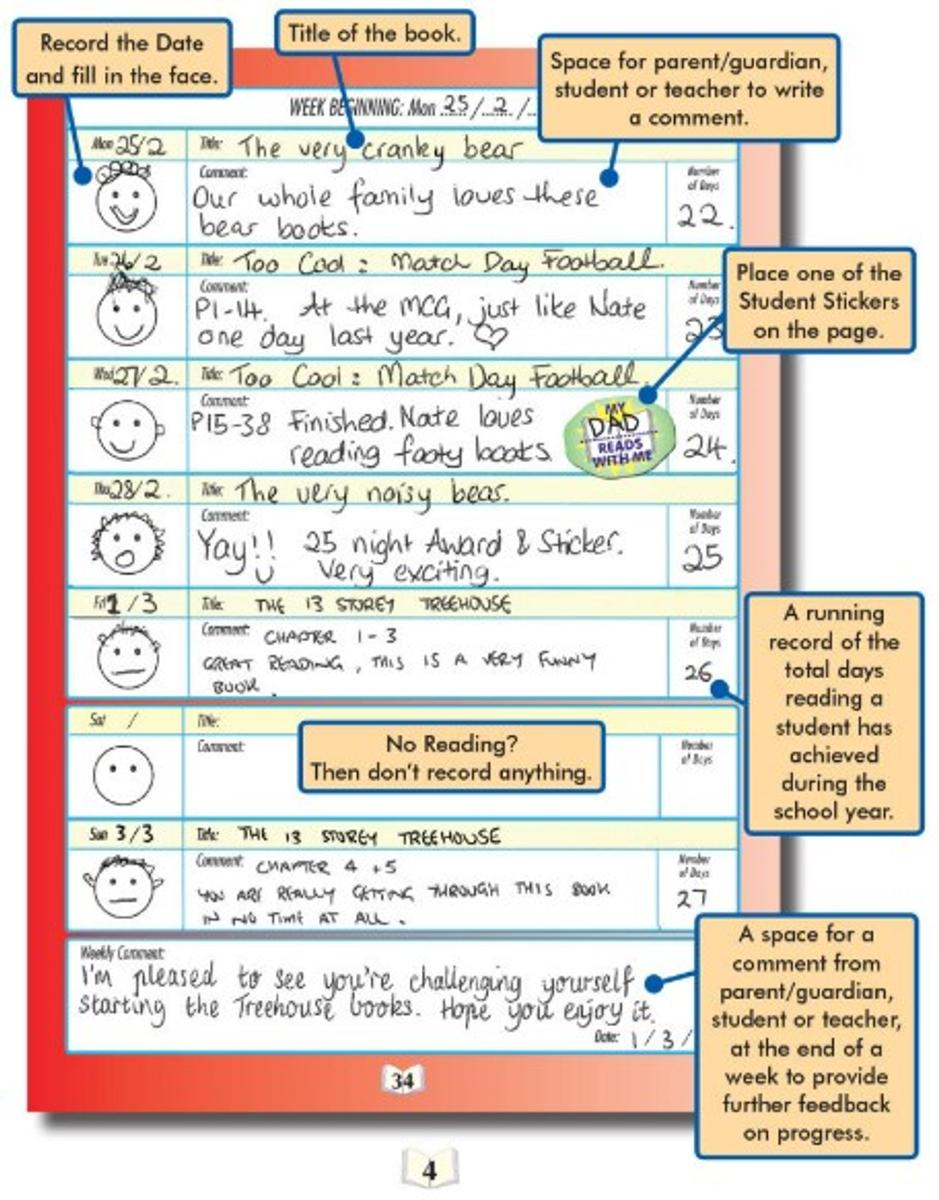



Developing reading fluency is vital for comprehension. Reading fluently involves 4 different skills or components:
The take home books are designed to be easy for students to decode and therefore allow them to focus on these fluency skills. The upside is that the students are simultaneously working on their fluency and comprehension skills, the downside is we, as adults, may listen to the same story multiple times!
At this stage in Term One, your child will be choosing a book from their final 2024 reading level. As the term progresses, we will gain a greater insight into what level best suits your child’s reading ability and their take home books will be adjusted accordingly. If your child is unable to swap their take home book, they may access the Decodable Reading books online. Their log in details are pasted in the inside page of their diaries.
MSL
MSL is a scientifically researched, evidence-based approach that applies proven knowledge of how the brain works, how students learn and how students most effectively learn to read and write. It incorporates the 5 essential steps to reading and writing success: identifying letter sounds, sounding out words, fluency, accuracy and comprehension.
Teachers provide students with clear explanations of the relationships between phonics, spelling rules and the meanings of word parts (morphology) whilst simultaneously using multiple senses (auditory, visual and kinaesthetic-tactile) to form stronger neural pathways in the brain. This helps to embed learning in long-term memory.
Students will participate in daily MSL lessons, with longer sessions on three days and shorter sessions on two days each week to reinforce and consolidate their understanding of learned content.
Reader’s Workshop
In our classroom program, children will have the opportunity to build on their reading skills and delve into a variety of high quality mentor texts. These texts are usually above the students’ decoding level, but build knowledge and understanding of their world around them. These texts model what great writers do when they are recording their ideas and stories. More specifically the students will be developing reading and comprehension strategies, connections and understandings during the gradual introduction of independent reading sessions.
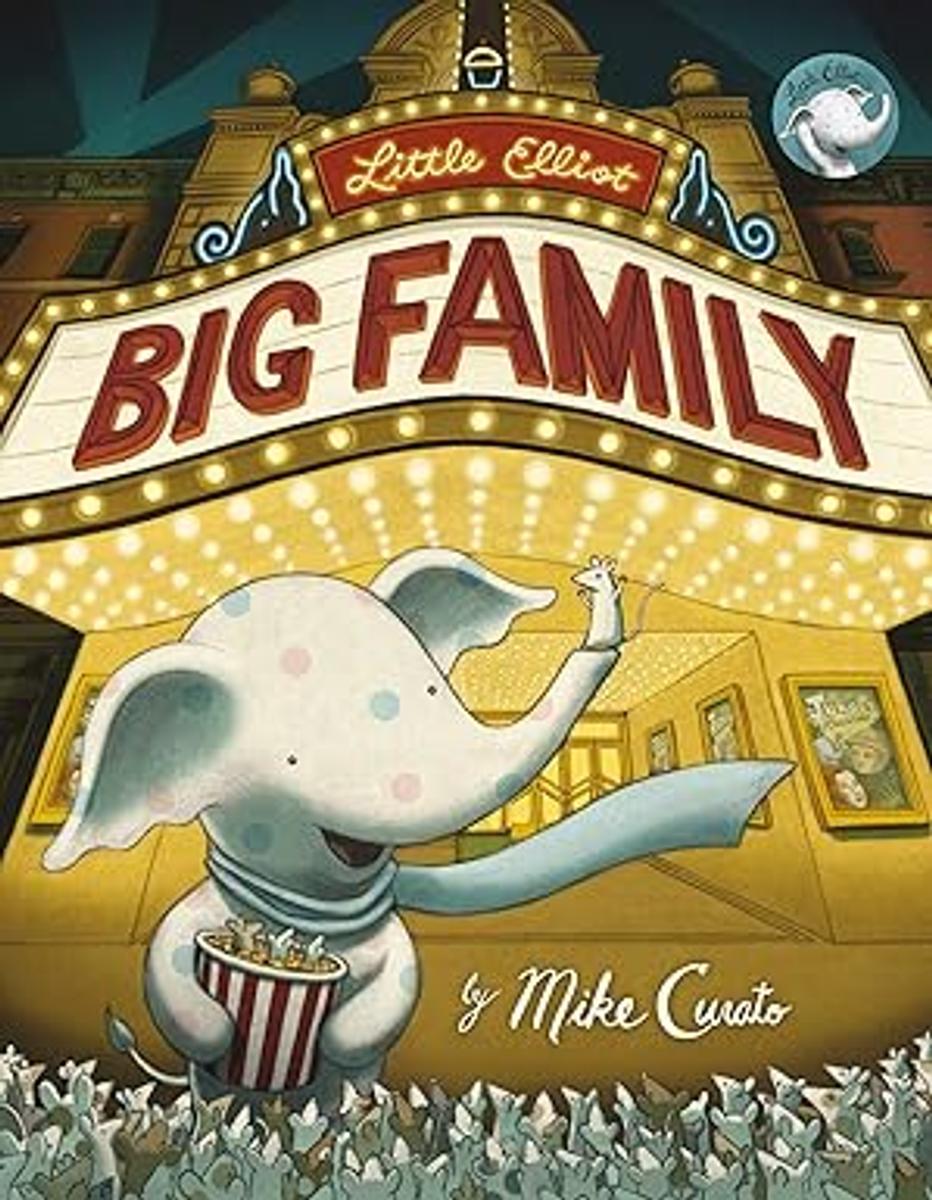
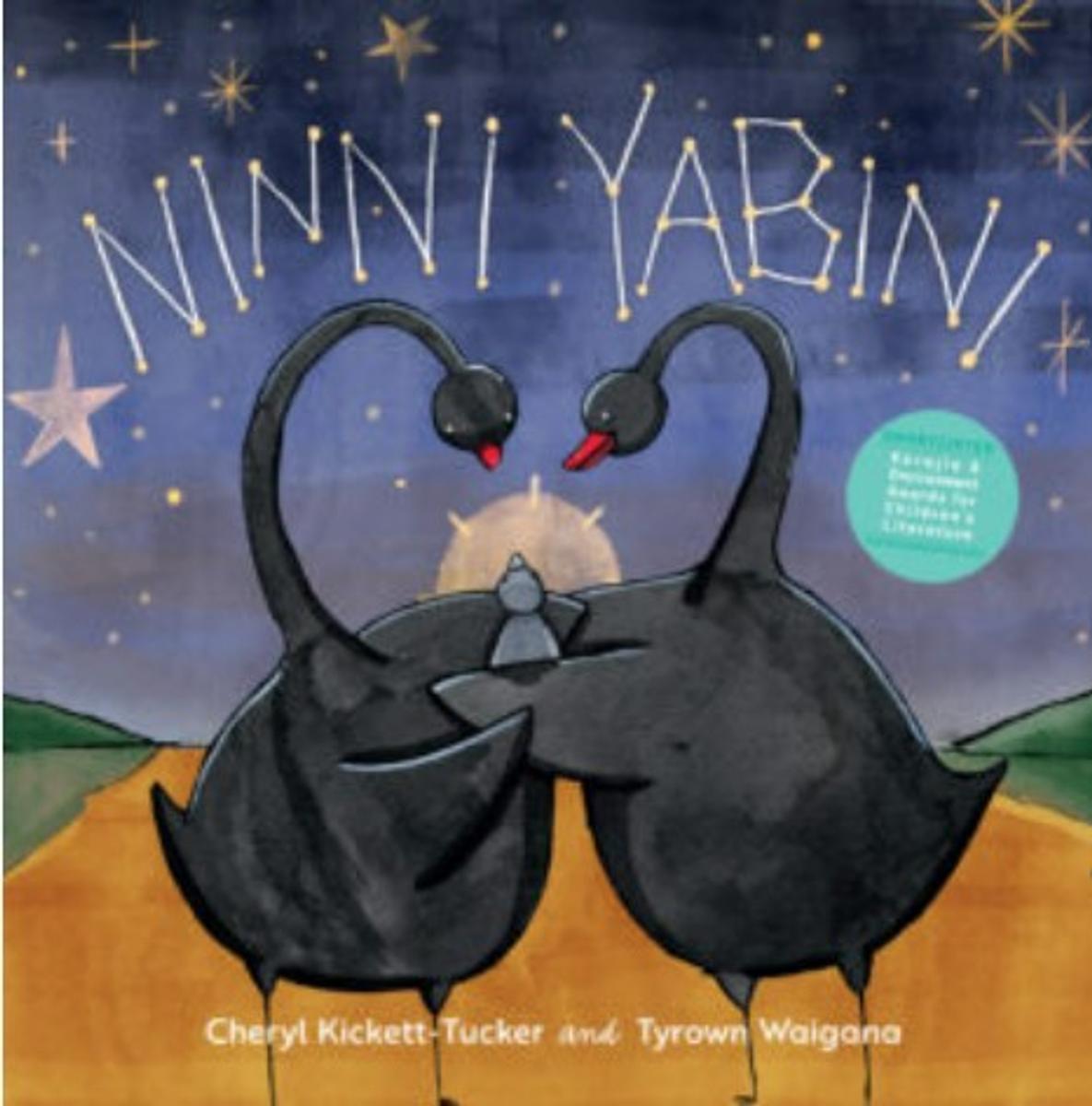


Writer's workshop
During Writing lessons, children will have the opportunity to build their knowledge of a simple sentence. They will identify and use nouns, verbs and adjectives in their writing developing their range of vocabulary. Students will focus on using capital letters and full stops consistently and rereading their writing to check they have included the important elements. They will build their stamina when writing a range of text types including Recounts and Narratives.
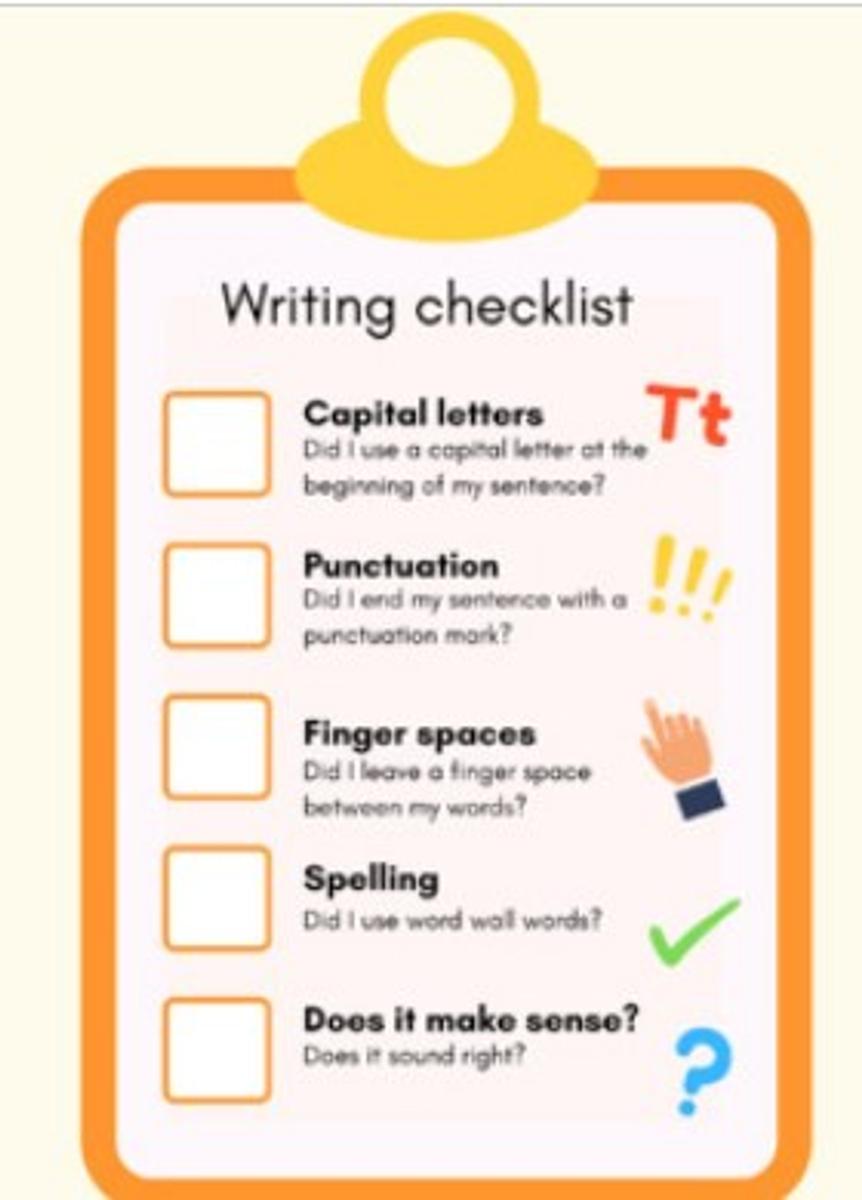

Handwriting
Handwriting is also an important component of writing instruction in Year 1. Being able to correctly form letters supports students to read back their writing and increase their writing stamina. This year, your child will bring home a Handwriting Book in their pouch. Each week we will be practising a letter in class, which will be communicated to you, for them to practise in their book at home. This will also be sighted by your teacher on Friday.
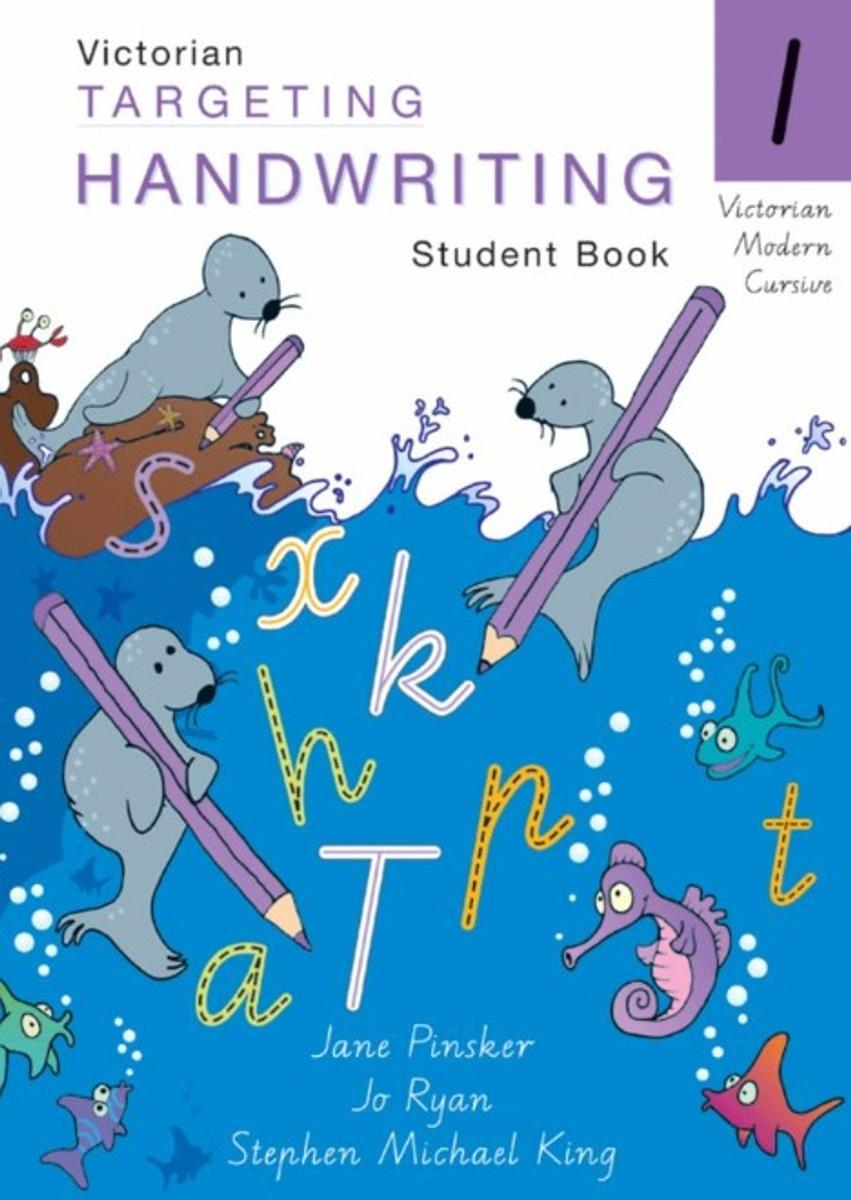



Our focus this term will be on counting and the place value of numbers to 100. Students will:
Each week, we will have a ‘Maths Game of the Week’ in class. A copy of the game will be placed in your child’s black folder every Friday. Most games require only a deck of cards, a pencil, dice, and/or a worksheet (which will be provided if needed). These activities focus on building your child's speed and accuracy in recalling basic number facts. It’s also a great opportunity for your child to share what they have been learning at school and teach the rest of the family how to play a new game.
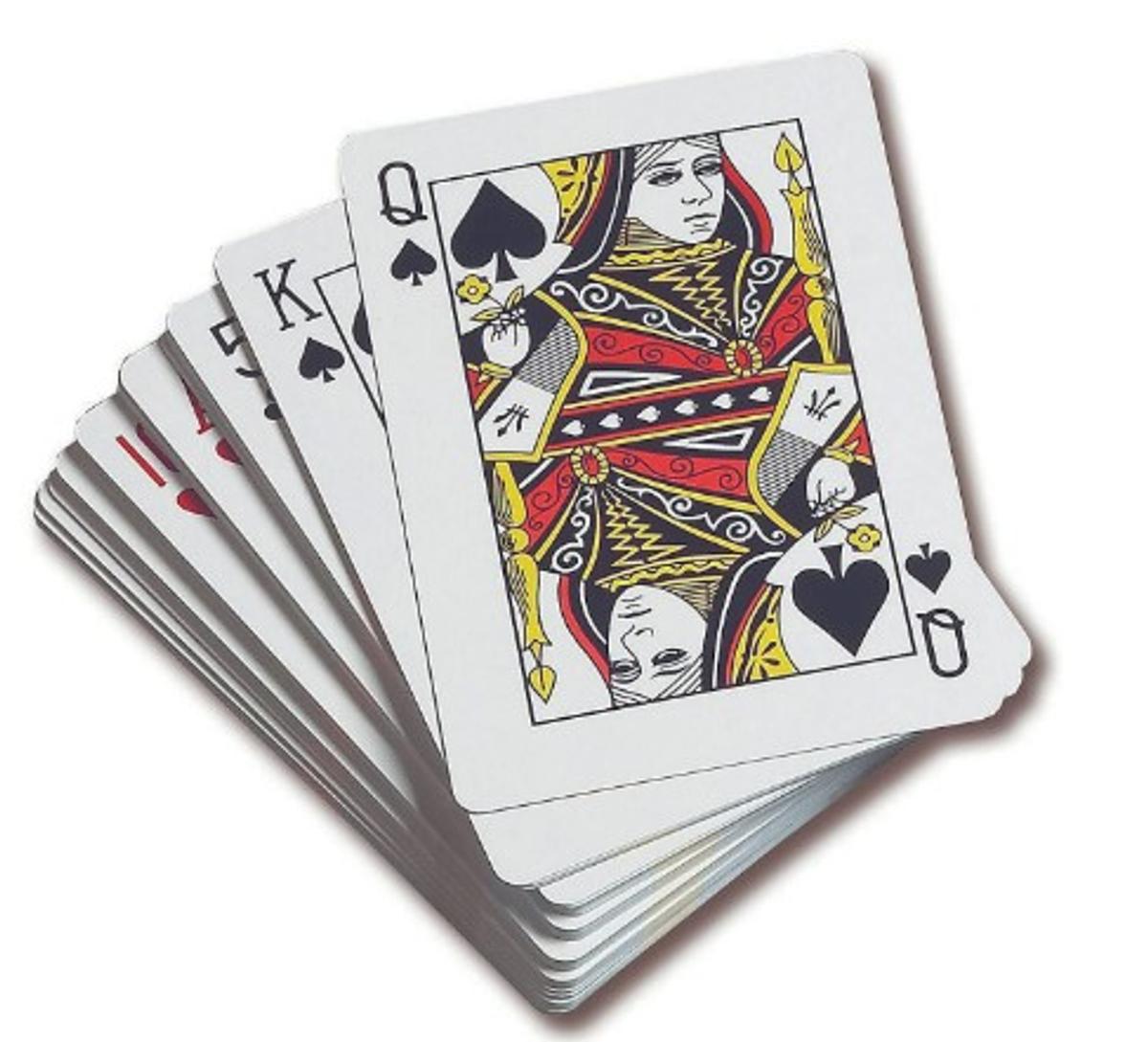
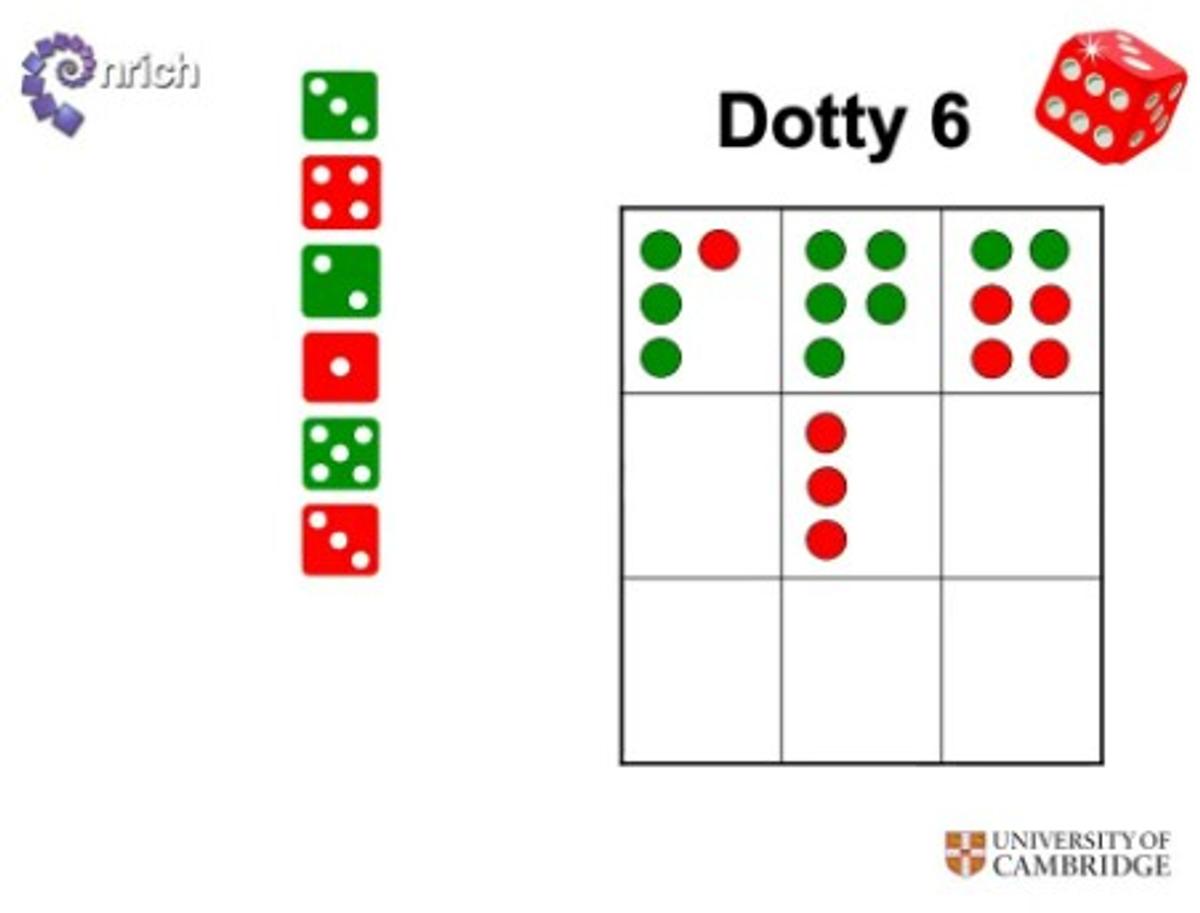


This term, our students will be learning about family—what it means, the different ways families can look, and why they are so important. Through discussions, fun activities, and storytelling, students will explore how every family is unique but all provide love, support, and a sense of belonging.
Parent Meet and Greet Meetings
Parent meetings are scheduled for Week 6. Further information of when and how to make bookings has been communicated through Compass. If you are unable to attend please contact your child’s teacher to arrange an alternative day/time.
Important dates to remember
Remember to refer to the school newsletter and Compass throughout the term for updates.
Kind Regards,
Year 1 Teachers
Madeline Daniell (1A Co-Team Leader), Amy Midson (1B Co-Team Leader), and Jessica Kennedy and Rachel Scott (1C).